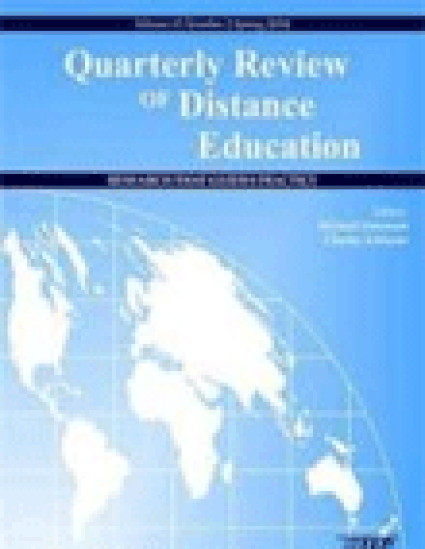
Virtual communities of practice (VCoP) may provide the afloat community of the United States Coast Guard (USCG) greater opportunities for learning and professional development. The specific learning needs and well aligned with VCoP structure and objectives. However, it is critical that the knowledge-sharing culture of the USCG's afloat community be thoroughly explored to ensure a systemic approach to the development and implementation of performance and learning interventions. Expanding upon the results of a pilot study conducted in 2017, this qualitative case study employed a survey and semistructured interviews to examine the afloat community's potential for successful engagement in a VCoP. Recommendations for enhancing trust and promoting communal development and sustainment are also discussed.
Available at: http://works.bepress.com/brett_shelton/53/
